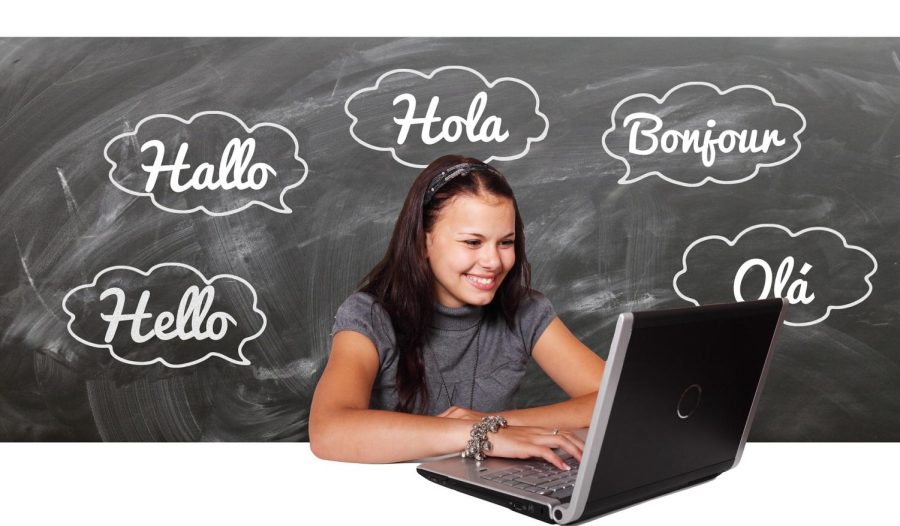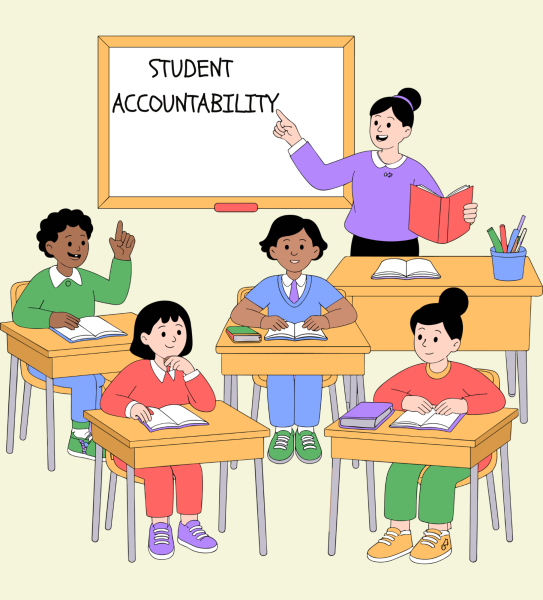Spainish should be taught in schools across Louisiana, US
Hola, a cualquier hora que estés leyendo esto, espero que tengas un buen día, una buena tarde o una buena noche.
If you can read the first sentence of this article then you already have an advantage over 287 million other Americans.
According to Forbes, Spanish is the second most common language spoken in America with 13% of the U.S. population speaking Spanish in the household.
Because of this, more Americans should learn Spanish, and it should be taught in schools across America and in Louisiana.
Teaching Spanish in schools provides students with more skills for jobs and careers after high school and college.
As specified by Monster, one of the leading job websites in America, 79% of North American job recruiters state that being fluent in Spanish is preferred by employers.
One might argue that we do learn Spanish—or at least another foreign language—in public schools in America.
And it’s true that most high schools require two years of language courses.
But if kids started learning Spanish at a younger age, they’d have more time to learn and practice.
They’d have the time to become fluent rather than learning a couple of phrases that they’ll forget once they graduate.
Learning Spanish is not just beneficial for future careers and traveling but it sets up a sense of community between people of different backgrounds.
According to Unuchi, improvement of a child’s development, cognitive functions, social skills, literacy and emotional skills are seen when they are taught more than just one language in school.
A child learning more than one language has better memory and increased brain power for multitasking skills, attention control, problem solving and creativity.
For adults, teens and children, knowing more than one language slows down the aging of the brain which in turn delays neurological disorders like dementia and Alzheimer’s disease.
The best part about speaking Spanish is that it opens up your perception of Hispanic culture, which in turn helps you reflect on your own language and culture.
Understanding how another group of people speak can result in a stronger sense of personal identity and confidence. Social opportunities are expanded and easier to grasp when you’re bilingual.



